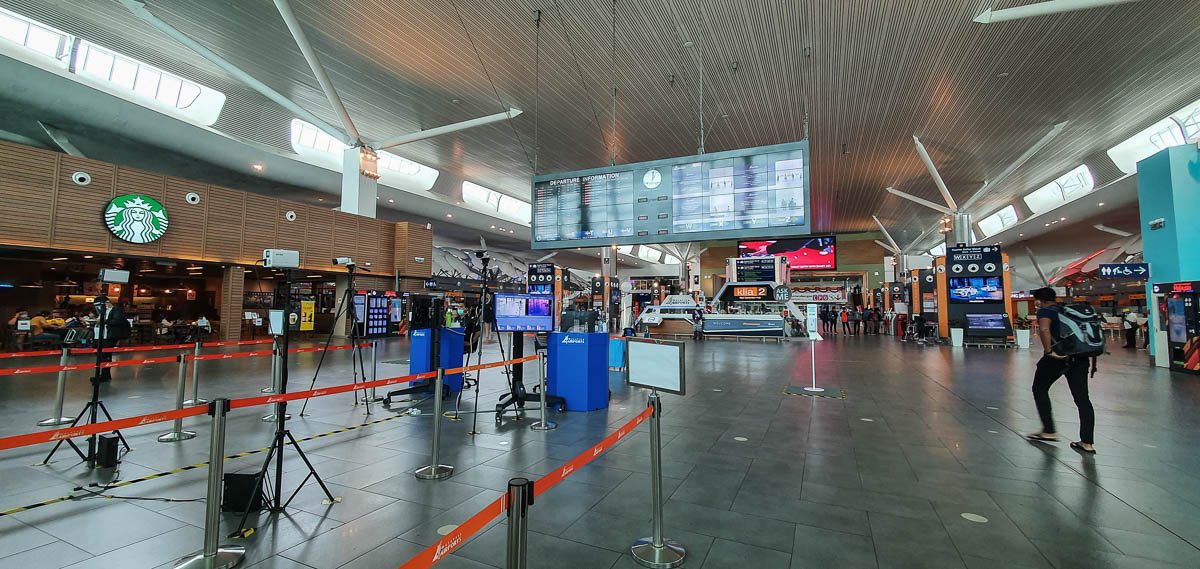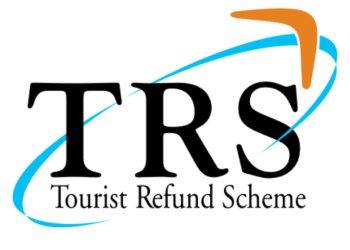International travel has changed a lot over the past 50 years since leisure travel became more affordable. The mass movement of people between countries often exposed travellers to diseases they had no immunity against. To protect travellers and prevent the carriage of unfamiliar diseases, the World Health Organization (WHO) introduced the International Certificate of Vaccination or Prophylaxis (ICVP), or most usually just called the ‘Yellow Card’. They are somewhat less enthusiastic about introducing digital passports for a similar purpose during the Covid-19 pandemic.
Digital passports, what are they?
The Yellow Card first issued in 1933, was a manually completed physical card show that you had been vaccinated against a variety of communicable diseases. By 1969, this was reduced to cholera, plague, smallpox, and yellow fever.
The proposed digital passports will indicate that you have immunity (through vaccination) against Covid-19. Negotiating the amount of information, some of it conflicting, about the nature and usage of digital passports is challenging. Even the available information keeps changing, as the situation changes. As an example, Australian Prime Minister Scott Morrison has flagged eased international entry requirements for vaccinated travellers, possibly as early as July 2021. However, more recent reports suggest that the country’s borders may remain closed until mid 2022.
Who’s doing what?
Qantas CEO Alan Joyce announced the airline hopes to get international travel moving by October. They have recently begun flights between Australia and New Zealand, in April 2020. He has indicated that an expansion of routes will be dependent on vaccinations for all passengers. Qantas has implemented the use of the IATA travel pass from 17th December 2021, with more information available on this page.
A revitalised Virgin Australia hopes to reach 100% capacity by the end of the calendar. year They currently have 55 active aircraft and have re-employed over 200 cabin crew.
Similarly, Malaysian airlines, principally the national carrier Malaysia Airlines and low cost carrier AirAsia, are also being proactive by calling for a standardised approach to travel protocols. Leading aviation and tourism experts have noted that this is necessary to help kickstart the international air travel revival.
The AirAsia initiative covers:
- Testing and vaccination requirements,
- A mutually agreed common digital health pass
- Expansion of travel bubbles to include the leisure sector
The Malaysia Airlines Digital pass will incorporate some modules of the International Air Transport Association’s (IATA) Travel Pass including:
- Integration with the Malaysia Airlines mobile app
- to streamline a passenger’s travel journey with easy-to-follow steps pre-travel.
- Enable passengers to make appointments with certified medical partners to
- carry out a COVID-19 RT-PCR test or
- include their COVID-19 vaccination certificate on their mobile phones
Testing has begun using the IATA Travel pass, on flights to London from Kuala Lumpur.
Likewise, Singapore Airlines is among the first to introduce the IATA Travel Pass and is offering incentives to it’s KrisFlyer members to help stay in front in a post-covid travel world. Singapore Airlines is currently the only way for travellers from a number of countries to travel to Australia and New Zealand, with transit in Singapore.
Middle Eastern airlines Emirates and Etihad announced the piloting of an application that allows pre-travel verification of vaccinations in January.
Travel passes currently on offer
While these are not currently required in the same universal way of the yellow card, there are two main initiatives currently attracting attention.
IATA Travel Pass
According to their website,
….. The IATA Travel Pass is a mobile app that helps travellers to store and manage their verified certifications for COVID-19 tests or vaccines.
It claims to be more secure and efficient than the current paper processes used to manage health requirements (the International Certificate of Vaccination or Prophylaxis, or ‘yellow card’) They’ve since provided more information on the Pass and other associated concerns. (March 2022)
WHO Digital Passport
The WHO has been reluctant to endorse the use of “immunity certificates” for international travel in the context of COVID-19. Their position in July 2020 was that this is not currently supported by scientific evidence and therefore not recommended by WHO. One of their main concerns appeard to be the effectiveness of rapid SARS-CoV-2 antibody tests.
By February 2021, with vaccines now available, their position was stated as
“…… it is WHO’s position that national authorities and conveyance operators should not introduce requirements of proof of COVID-19 vaccination for international travel as a condition for departure or entry, given that there are still critical unknowns regarding the efficacy of vaccination in reducing transmission.”
These temporary recommendations are in accordance with the advice that the International Health Regulations Emergency Committee on COVID-19 pandemic formulated at its 6th Emergency Committee meeting in January 2021. They are due to be reviewed the next meeting due within three months.
Combined with the limited availability of vaccines, preferential vaccination of travellers could result in inadequate supplies of vaccines for priority populations considered at high risk of severe COVID-19 disease. This assumes that some travellers may be ‘cutting the queue’ where this is practiced. It is noted that WHO also recommends that vaccinated people should not be exempt from complying with other travel risk-reduction measures.
Any possible WHO digital passport or ‘smart yellow card’ would require input from governments across the world to be effective and successful. There are unconfirmed reports that the WHO may already be working with Estonia on a possible way forward. Estonia has a number of years experience developing systems in e-democracy including its citizens’ digital health records.
Yes or No?
Before you can happily book your international travel again, there are multiple challenges before you can grab your ‘digital passport’, ’immunity passport’ or ‘vaccination passport’ and head off to see family or just indulge in some revenge travel on a beach somewhere.
Some of the things to consider:
- Are there travel routes between countries with low infection rates allowing quarantine-free travel?
- Is there mutual recognition of your Covid-19 vaccination certificates?
Recognition may hinge on
-
- concerns about sovereignty
- the rights of nations
- individual rights
- The feasibility of establishing such a system can be affected by
- trustworthiness
- effectiveness due to potential virus mutations.
- variability in vaccine effectiveness
- can all vaccines could be recognised as being equivalent
- The many vaccines from multiple countries currently in production and approved in different countries could be a stumbling block.
Reciprocal recognition of regulatory approvals from different countries is necessary. This is a main issue of concern to WHO as noted above.
Some examples:
- Chinese vaccines have not been administered in western Europe
- China will recognise its own vaccines, but not necessarily others
- Chinese vaccines are being used many developing countries
- Some countries, eg Serbia are using the Sinopharm vaccine (from China) and the Sputnik V vaccine (from Russia)
- Saudi Arabia recognises only the Pfizer-BioNTech and AstraZeneca Covid-19 vaccines
- European Union is wary of Chinese and Russian vaccines
- Singapore has authorised only the Pfizer-BioNTech and Moderna vaccines
- Malaysia has currently not stated any such position on recognition as they are using a mix of vaccines
A common protocol must be agreed between country leaders. An important concern with the potential to disrupt the process is political division between different countries. Russia’s Sputnik V vaccine has already been cited as a possible case. The vaccine is approved in Hungary for emergency use and France and Germany are considering its use. The remainder of Western Europe have not approved the use of Sputnik V. This may lead to conflicts in recognition between EU countries.
Other considerations for recognition
There have been suggestions that a third dose of vaccine of another type could be an option to consider to get around the recognition issue. For example, if you’ve been inoculated with Sinovac could you get the Pfizer or AstraZeneca vaccines later?
This possibility is the subject of an ongoing study called Com-Cov, looking into whether mixing vaccines was advisable. The study is not yet complete and interested participants are welcome to apply.
The use of digital passports and the like, may pose ethical issues. Experts are mostly concerned that they can exacerbate existing inequalities and stratify society into the ‘immuno-privileged’ and ‘immuno-deprived’.
Regardless of your current status, or that of your present place of residence, preventive measures must to be strictly continued as the pandemic shows no signs of disappearing any time soon..
- Wear a mask.
- Practice social distancing.
- Wash your hands.
Stay safe everyone!







This Post Has 0 Comments